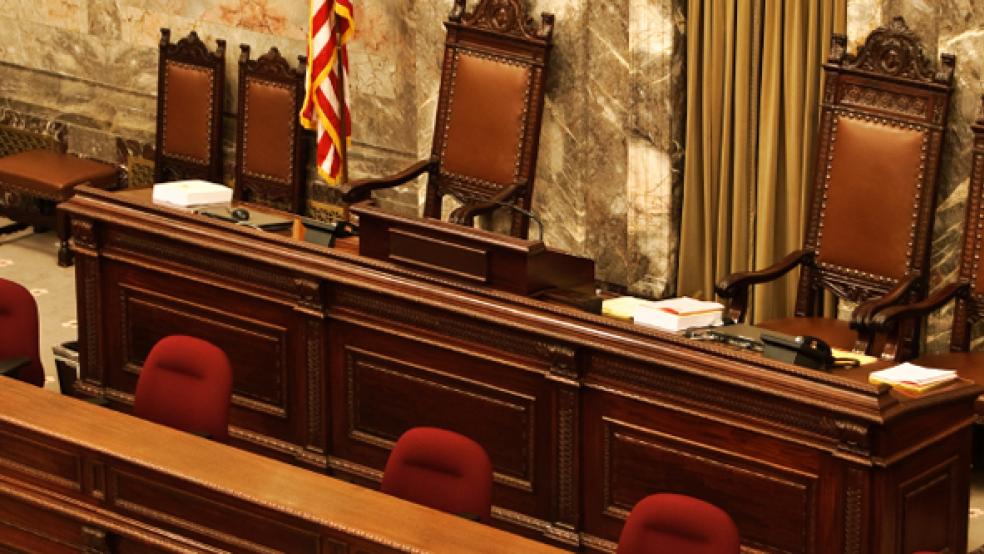With little fanfare, a deserted House today passed a resolution that averts a shutdown and keeps the government funded through Tuesday while replenishing disaster-aid coffers.
After two weeks of fighting between the House and the Senate over disaster relief funding and the budget of the Federal Emergency Management Agency (FEMA)a mere three House members gathered quietly on the chamber floor to approve the measure with unanimous consent. The chamber was deserted because most members are back in their home districts on recess.
The resolution was passed in less than five minutes after a prayer was read aloud and Rep. John Culberson, R-Tx., asked that the Pledge of Allegiance be recited by everybody else present – the everybody being Rep. Andy Harris, R.-Md., and Rep. Chris Van Hollen, D-Md. The civility and swift dispatch of the bill was a departure from the normal noisy debate and lengthy roll calls on large issues . The bill will now be sent to the White House for President Obama’s signature.
The compromise measure, passed by the Senate Monday night, provides $2.65 billion in disaster aid funds to FEMA. Disaster funding was scaled back by $1 billion after a battle ensued over what portion should be offset in other areas of the budget, threatening a government shutdown earlier in the week. A stalemate was avoided after FEMA found $175 million in emergency funding in its coffers, enough to stretch its funding into the fiscal New Year, which begins on Saturday.
Presumably anyone could have stood up on the chamber floor and brought the proceedings to a halt. When Van Hollen—the only Democrat present—was asked why he didn’t throw a monkey wrench into the vote, he told reporters, “There are times when it’s important to have some cooperation, and I think this is one of them. I’m glad we got it done. It took too long, but we got it done.”
The House returns next week to take up a resolution to fund the government through the next six weeks, but unlike today, that debate is likely to be long and heated.
Harris said debate will likely to revolve around why the government should keep funding controversial programs like Solyndra, the shuttered California solar company that exhausted half a billion dollars of taxpayer money.
“I suspect there will be Republican members who without offsets … will not support the continuing resolution,” Harris said. He said he was leaning against voting for the measure. “We are in a tremendous fiscal crisis and for us to be funding programs like the Solyndra program, I think most Americans look at that and shake their head,” Harris said.
Today’s passage of the short-term continuing resolution marks the ninth continuing resolution in less than a year, and it isn’t likely to be the last. Continuing resolutions, a temporary appropriation measures to fund the government, date back to the 1870s and have been a regular part of the annual appropriations process. In fact, with the exception of three fiscal years (1989, 1995, and 1997) at least one continuing resolution has been enacted for each fiscal year since 1955, according to the Congressional Research Service.
“It wouldn’t surprise me if we had a string of continuing resolutions because we no one is certain what the committee of 12 is going to do at this point,” Harris said. He said members are waiting on the “Super Committee’s” recommendations, which are due by November 23, to guide what the fiscal year budget should look like. The bipartisan Super Committee has been charged with finding at least $1.2 trillion in deficit reduction. Even with the hard deadline, Harris said it’s “very possible” that Congress will be in session well past the normal recess date and miss Thanksgiving.


